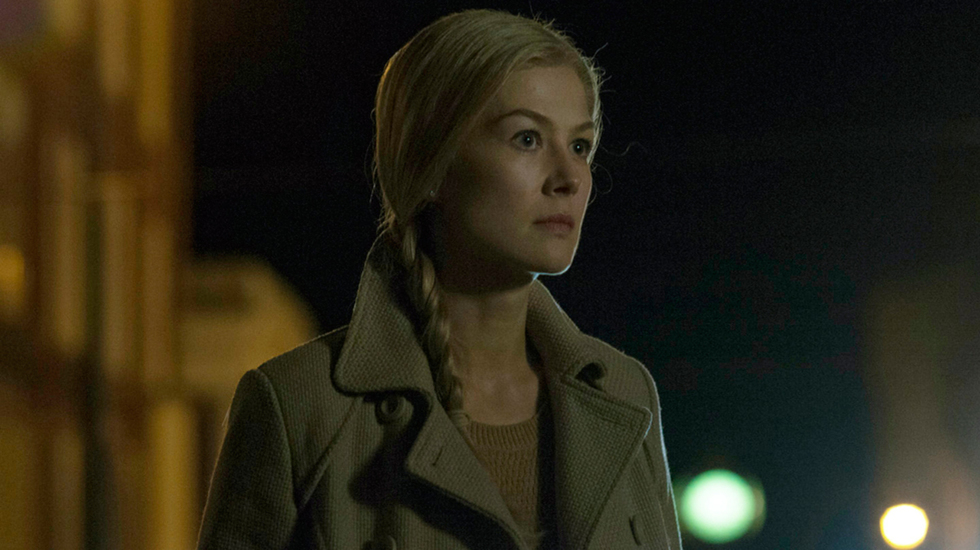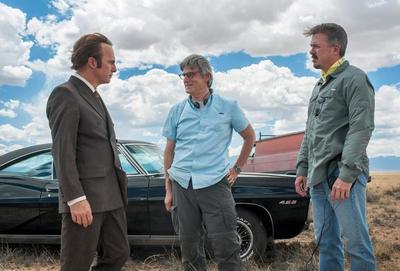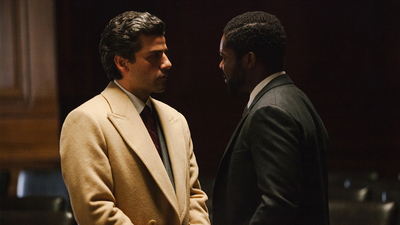
BY ZACHARY WIGON |
Under The Hood: Plot Holes, Implausibility and Taking the Journey
'Gone Girl' illustrates some excellent points about storytelling.

(Warning: Gone Girl spoiling posts are linked to from this article.)
Gone Girl has been well received, both by critics and audiences, but a few critics and journalists have taken to pointing out that the film has a few plot holes, or at the very least, some questions that either go unanswered or raise some eyebrows regarding plausibility. Yet these plot holes, regardless of the degree to which they may crop up in the viewer's mind, do not, for the majority of filmgoers, ruin the experience of watching the film. Why not?
People walk into the theater and accept that they will trade in real-world logic for movie logic for two hours, in the hopes of being entertained.
Gone Girl affords us the opportunity to talk about a really crucial component of narrative storytelling that goes often unremarked upon. First of all, some of the greatest films ever made have giant, gaping plot holes. My favorite is in North By Northwest: later on in the film, we learn that Eva Marie Saint is working for the bad guy (that's James Mason), and that Cary Grant's trip to the corn field was a setup for Mason's henchman to murder Grant. (Never mind that a crop duster is the weapon of choice—this alone is implausible—why not shoot him?—but nobody questions it because it makes such a great scene.)
In the same vein, some folks might be prodded to wonder, regarding that famous scene, just how any of it makes sense. The reason is that Eva Marie Saint is telling Grant that in the field he'll meet up with the CIA agent that Grant has been mistaken for. The only problem is—plot hole coming—the bad guys, including Saint, believe that Grant IS that CIA agent. So if Grant willingly goes to meet the agent that they believe he really is, wouldn't his protestations about him being the wrong man carry weight? Just what do the bad guys think Grant is doing by going, in good faith, to meet the person that they believe he is?
Every second of the way, while watching a film, the viewer has an unconscious decision that they are continually faced with: go with the film's narrative logic, or choose to disbelieve it.
It's an enormous plot hole that renders North By Northwest, in retrospect, a totally implausible film. Yet it's a classic. Why? Because no one goes into a movie theater hoping a film will stink. No one goes in totally unwilling to suspend their disbelief. People walk into the theater and accept that they will trade in real-world logic for movie logic for two hours, in the hopes of being entertained. Every second of the way, while watching a film, the viewer has an unconscious decision that they are continually faced with: go with the film's narrative logic, or choose to disbelieve it. If the viewer can help it, they'll always side with the former, so long as the film remains entertaining.
Why? Because if the film is entertaining, the viewer will remain curious as to what's going to happen next. If you are curious as to what's going to happen next, you have to take the film at its word, otherwise the significance of the narrative events to come will be rendered meaningless. Entertainment is the trade-off for "movie logic," i.e. accepting certain implausibilities: as long as a film remains entertaining, it can get away with all kinds of stuff.

